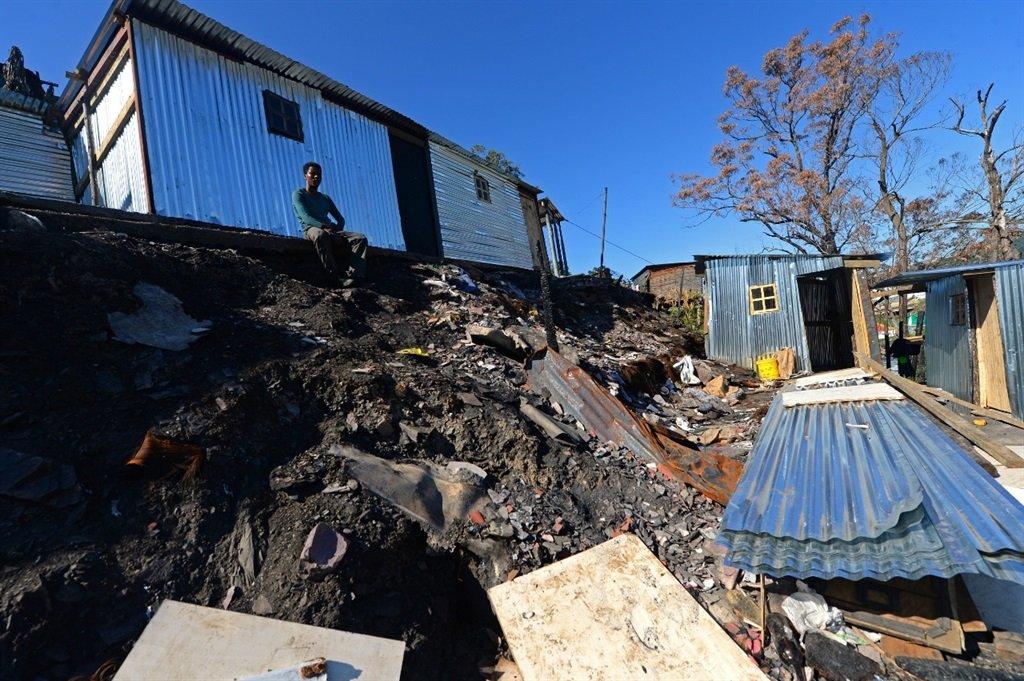Africa-Press – South-Africa. While government touted temporary housing units as a way to fast-track shelter for thousands following the deadly April floods in Durban, four months later only 134 units have been built in the eThekwini metro.
The numbers were revealed by the municipality during a sitting of the Ad Hoc Joint Committee on Flood Disaster Relief and Recovery in Durban on Tuesday, when eThekwini and KwaZulu-Natal government officials updated Members of Parliament on the progress.
Former KwaZulu-Natal premier Sihle Zikalala and Durban Mayor Mxolisi Kaunda touted the units as a viable solution following the April disaster, which claimed 417 lives in the eThekwini region alone.
However, progress with the temporary residential units (TRUs) has been painfully slow.
In July, Human Settlements Minister Mmamoloko Kubayi’s response to a written parliamentary question from DA MP Emma Louise Powell revealed that only 108 units had been built at the time.
This, while around 6 000 people languished in 75 community hall shelters despite the municipality having aimed to build more than 1 000 units.
KZN floods: Godongwana explains why the R1bn disaster relief funds have not yet been used
Beryl Khanyile, the eThekwini deputy city manager responsible for human settlements, engineering and transport, conceded that the TRU progress was “indeed slow”.
Khanyile said:
Khanyile said the municipality had incurred infrastructure damage of R3 billion, which included electricity, water, roads, and bridges.
While it was “not across the board”, Khanyile claimed some people were reluctant to be moved from community halls.
“Some in the halls are reluctant to be moved to alternative sites because maybe they will be moved away from their kids’ schools or their place of work. In a sense, we are destabilising livelihoods, but we have no options if we don’t have feasible sites,” she said.
Water and sanitation concerns
Acting eThekwini municipal manager Musa Mbhele acknowledged that water and sanitation in the metro “has serious challenges”.
Mbhele said:
He said the City had been in regular contact with the Ministry of Water and Sanitation.
“Yesterday, the minister was here. I have seen them more than any other portfolio. They sit with us in the war room. We are working with them, and they have consistently been providing support.”
Almost all parts of Durban have experienced intermittent water supply issues, with a number of areas currently experiencing water shedding, meaning tapped water is only available at certain times.
Since the floods, there have also been numerous electricity outages in all parts of the city.
For More News And Analysis About South-Africa Follow Africa-Press






